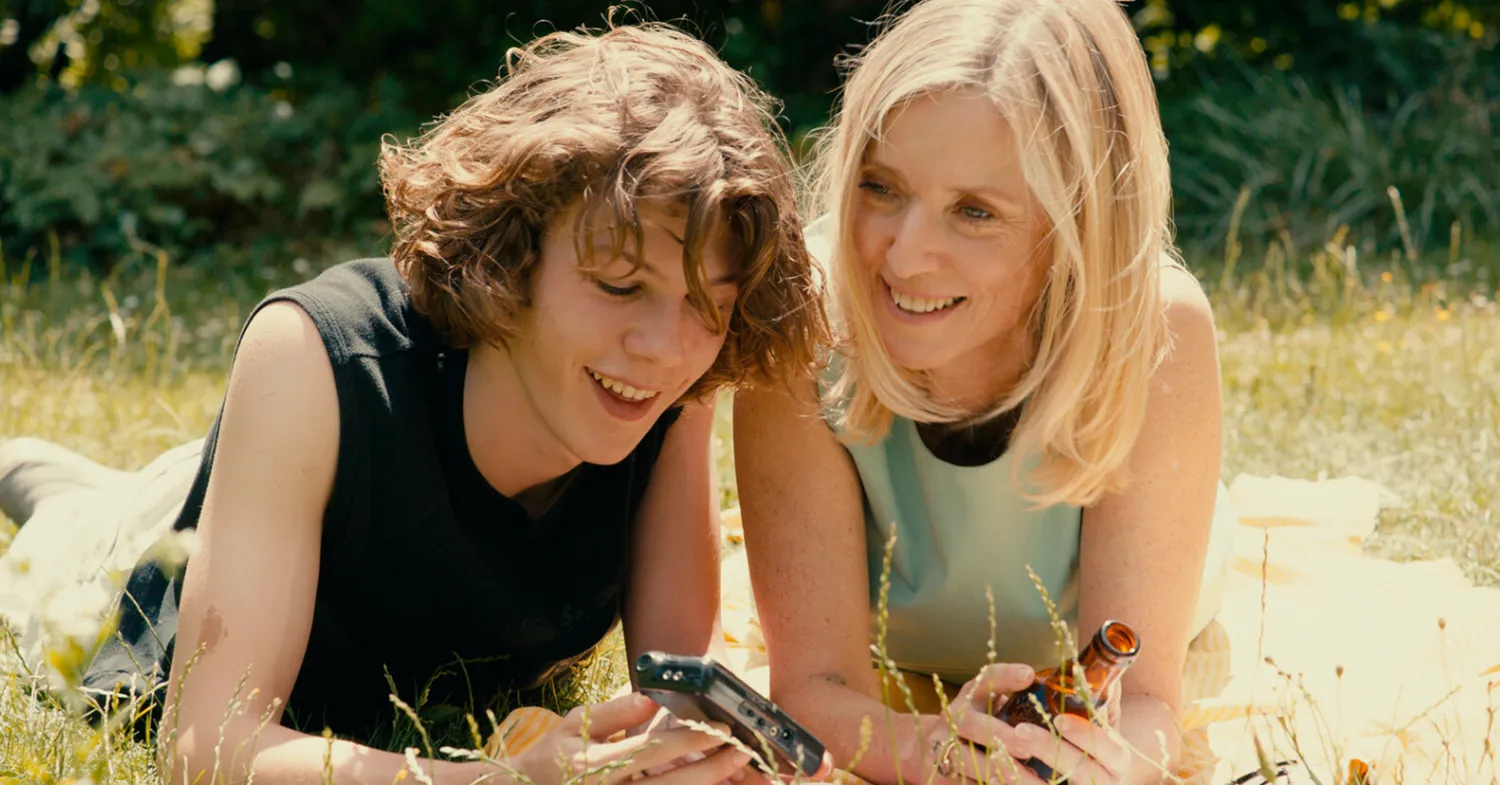Few international films channel a lo-fi, seductive visual style as effectively as Last Summer. The movie leans into a sweaty, soft-spoken aesthetic reminiscent of Call Me By Your Name. However, where Luca Guadagnino’s masterpiece explores the tender, transformative love between two young adults, Catherine Breillat uses this subdued style to tell a far darker, more unsettling tale. Last Summer depicts an illicit relationship between a stepmother and her stepson, creating a sharp contrast between its serene atmosphere and the acidic, disquieting narrative at its core. This juxtaposition makes for a story that’s as visually intoxicating as it is morally fraught.

The stepmother, Anne (Léa Drucker), is a respected lawyer specializing in cases involving abused or abandoned adolescents. She’s well-mannered, highly regarded, and lives a life of luxury with her husband Pierre (Olivier Rabourdin) and their two young children in a secluded area of Paris. Their seemingly perfect household is disrupted when Pierre’s 17-year-old son, Théo (newcomer Samuel Kircher), moves in. Théo’s blasé, rebellious, punk demeanor stands in stark contrast to Anne’s controlled, structured world, making him an intriguing presence in her otherwise predictable daily routine.
Théo, fragile and impressionable beneath his tough exterior, quickly stirs tension. His misbehavior escalates to a shocking incident where he trashes the house to steal valuables from his father. Anne uncovers his actions and uses the knowledge to blackmail him into behaving. What begins as an act of discipline soon morphs into something far darker. As Anne and Théo grow closer, they embark on an illicit affair—one that jeopardizes her career, threatens to unravel her marriage to Pierre, and casts a shadow over the family’s polished façade.
Last Summer simmers with tension that feels like it could boil over at any moment, but never quite does. Director Catherine Breillat masterfully constructs a film of undeniable stakes and a straightforward, yet deeply provocative premise. Despite its smaller scale, the story feels larger than life, thanks to Breillat’s ability to magnify the emotional and psychological conflicts at its center. Told mostly from Anne’s perspective, the film meticulously tracks her struggle to keep the compartments of her life—career, marriage, and secret affair—from collapsing into one another.
Anne is a fascinating character study. She doesn’t initially register as the antagonist of the story. In fact, she’s portrayed with a complexity that makes her actions feel insidious only in retrospect. By the time the final moments arrive—delivering a devastating gut punch—it becomes clear that Anne’s attempt to “have her cake and eat it too” has come at the expense of an impressionable, if oddly charismatic, teenager.
Breillat crafts an intimate story steeped in moral ambiguity. Last Summer forces the viewer to confront the ethical and emotional dilemmas head-on. Whether the film resonates will depend largely on your reaction to Anne as its main character. Some might find her actions unforgivable, which could make Last Summer an infuriating watch—one that may feel like it’s justifying or rationalizing her behavior. For others, the movie’s refusal to pass easy judgment may feel like its greatest strength.
Last Summer has rightfully earned its spot on several year-end lists, and it’s easy to see why. The film dives deep into a morally fraught scenario with precision, bolstered by stellar craftsmanship and quiet technical brilliance. Its subdued aesthetic is enriched by its vibrant, lived-in setting, which makes for an absorbing backdrop to the story’s slow-burning tension. Yet, while the film is undeniably thoughtful and well-made, I found myself wanting a bit more from the story itself—a bit more “stickiness” to keep my mind turning after the credits rolled.
That said, the final moments pack a heavy punch, with Anne succumbing to the same destructive choices that nearly cost her everything. It’s a bold commentary on her character, exposing a self-absorbed nature that is harder to reconcile with on reflection. A second viewing might reveal even more layers to Anne—she’s less careful and far more self-serving than the preceding two hours might initially suggest. It’s the kind of film that rewards introspection, though whether it lingers with you depends on how much you buy into its portrayal of Anne’s flaws and contradictions.
Score: 6/10
READ MORE MOVIE REVIEWS: Fly Me to the Moon, Nosferatu, Y2K
Last Summer (2024)
- Cast: Léa Drucker, Samuel Kircher, Olivier Rabourdin
- Director: Catherine Breillat
- Genre: Drama
- Runtime: 104 minutes
- Rated: R
- Release Date: June 28, 2024
- Read about Last Summer (2024) on Wikipedia and IMDb
More Movies Starring Léa Drucker
Léa Drucker has starred in the following movies:
- Close (2022)
- Mars Express (2023)
- Last Summer (2024)
More Movies Directed by Catherine Breillat
Catherine Breillat has directed the following movies:
- Fat Girl (2001)
- Last Summer (2024)